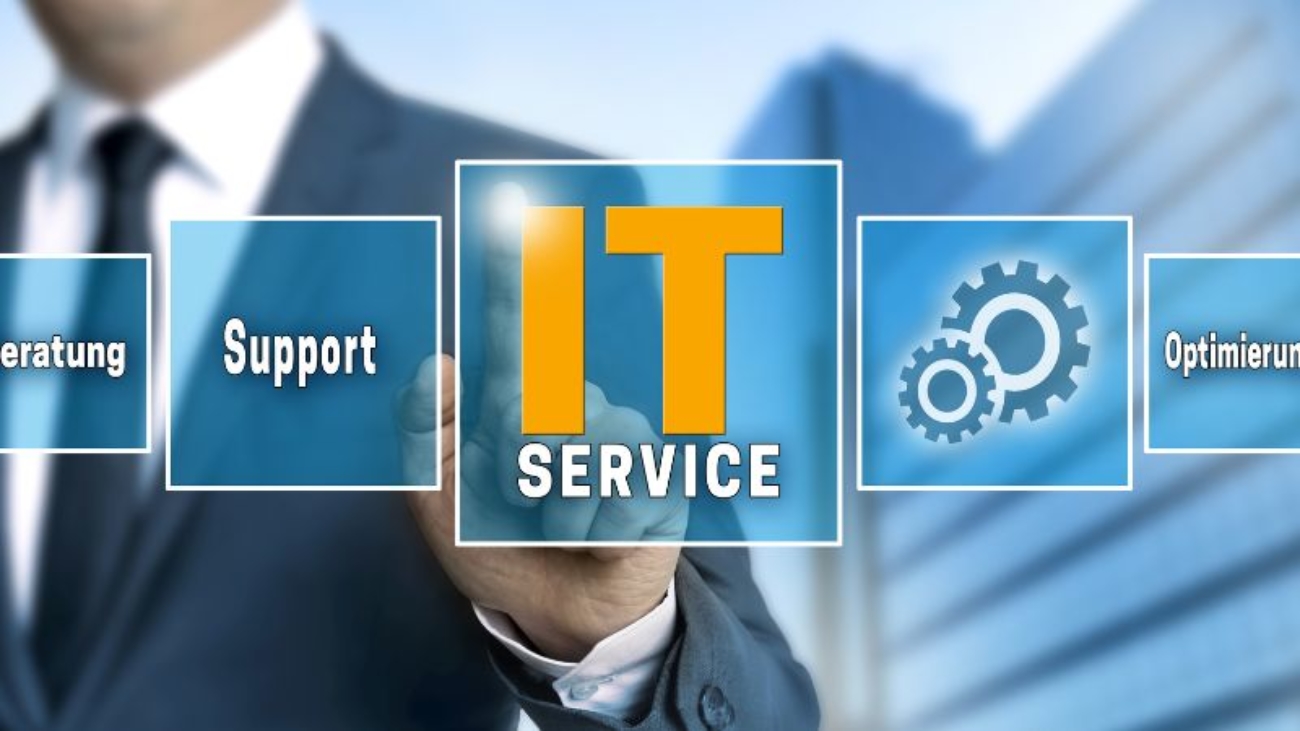How to Find and Hire an IT Service Company – Introduction
In today’s rapidly evolving digital landscape, the role of technology in business success cannot be overstated. Whether you’re a small startup or an established enterprise, having a reliable IT infrastructure and support system is essential. Finding and hiring the right IT professional in Colorado can make all the difference in ensuring your technology runs seamlessly. In this article, we’ll guide you through the process of locating and hiring the perfect IT professional, while shedding light on the key qualities to look for in a professional IT company.
Defining Your IT Needs: The Foundation of a Successful Search
Before you embark on the journey of hiring an IT professional, it’s crucial to clearly define your IT needs. Evaluate your current technology infrastructure, identify pain points, and outline your objectives. Determine whether you require a full-time IT employee, or a part-time consultant, or if partnering with a managed IT services company is the best solution for your business.
Having a well-defined set of requirements will not only streamline your search but also help potential candidates or IT companies understand the scope of work and deliverables you expect.

Network and Referrals: Tapping into the Colorado IT Support Community
Colorado’s thriving technology scene offers a wealth of networking opportunities to connect with IT professionals. Attend local tech meetups, seminars, and industry conferences in Fort Collins, Boulder, and Denver. Engaging with the local IT service community can lead you to qualified professionals who are passionate about their craft and stay updated with the latest trends.
Additionally, reach out to colleagues, business associates, and fellow entrepreneurs for referrals. Word-of-mouth recommendations can often lead you to hidden gems in the IT talent pool.
Online Job Platforms and Listings: Broadening Your Search
The digital age has made it easier than ever to connect with IT professionals. Explore online job platforms, such as LinkedIn, Indeed, and Glassdoor, to post job listings or search for potential candidates. When crafting your job description, be sure to highlight the specific skills, qualifications, and experience you’re seeking.
Furthermore, consider reaching out to local universities and technical institutes in Colorado. These institutions often have career centers or job boards where you can advertise your IT job openings.
Technical Skills and Certifications: The Managed IT Service Professional’s Toolbox
When evaluating potential candidates, technical proficiency is a non-negotiable requirement. Depending on your specific IT needs, look for candidates with expertise in areas such as network administration, cybersecurity, cloud computing, database management, and software development.
Certifications from respected organizations like CompTIA, Cisco, Microsoft, and AWS can validate an IT professional’s skills and knowledge. Be sure to inquire about these certifications during the hiring process to ensure that the candidate has the necessary qualifications.
Cultural Fit: Collaborative Compatibility
Technical skills are vital, but cultural fit should not be underestimated. An IT support professional will likely work closely with various teams within your organization. Assess the candidate’s ability to communicate effectively, collaborate, and adapt to your company’s values and work environment.
During interviews, ask behavioral questions that provide insights into how the candidate handles teamwork, problem-solving, and communication challenges. A harmonious cultural fit can lead to more productive and enjoyable working relationships.

Problem-Solving and Adaptability: Navigating the Ever-Changing IT Service Landscape
The world of technology is in a constant state of flux, and IT professionals need to be adept at problem-solving and adapting to new developments. Inquire about specific situations where the candidate demonstrated innovative solutions to complex IT challenges. Their ability to troubleshoot, think on their feet, and stay updated with industry trends is a testament to their value in your organization.
Client References and Case Studies: Assessing Professional IT Service Companies
If you’re considering partnering with a professional IT company, thorough research is key. Request client references and case studies that highlight the IT company’s successful projects and client satisfaction. Speaking directly to their previous clients can provide valuable insights into the company’s responsiveness, expertise, and ability to meet deadlines.
Look for an IT company that has experience serving businesses in Fort Collins, Boulder, and Denver. Local expertise often translates to a better understanding of regional challenges and opportunities.
Comprehensive Service Offerings: From Support to Strategy
A professional IT company should offer a range of services that go beyond basic IT support. Look for companies that provide proactive monitoring, cybersecurity solutions, data backup and recovery, cloud services, network optimization, and strategic IT planning. A holistic approach to IT ensures that your technology not only runs smoothly but also contributes to your business growth.

Transparent Communication and Responsiveness: Building Trust
Effective communication is the cornerstone of a successful IT partnership. During your initial interactions with an IT company, assess their responsiveness and willingness to address your questions and concerns. A transparent communication style, regular updates, and a dedicated point of contact are indicators of a company that values client relationships.
Scalability and Future-Readiness: Long-Term IT Support
As your business evolves, your IT needs will likely change as well. When evaluating IT companies, consider their ability to scale their services to accommodate your growth. A forward-thinking IT partner will not only provide immediate solutions but also help you plan for the future, ensuring your technology remains aligned with your business objectives.
Conclusion
Hiring the right IT professional in Colorado requires a combination of strategic planning, technical assessment, and cultural alignment. By following the steps outlined in this guide and focusing on the qualities mentioned, you’ll be well on your way to securing a skilled IT professional or partnering with a reliable IT company that will elevate your business’s technological capabilities and contribute to your overall success. Remember, a strong IT foundation is not just an investment in technology; it’s an investment in the future of your business.
If you are looking for a reliable and trusted IT partner in Boulder Co., look no further than Pro-IS. Our comprehensive Managed IT Support, Cyber Security, and IT services are designed to help you achieve your business objectives and stay ahead of the competition. Contact us today to learn more about how we can help your business thrive in today’s technology-driven environment.


































